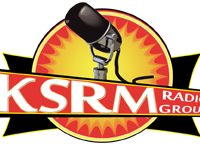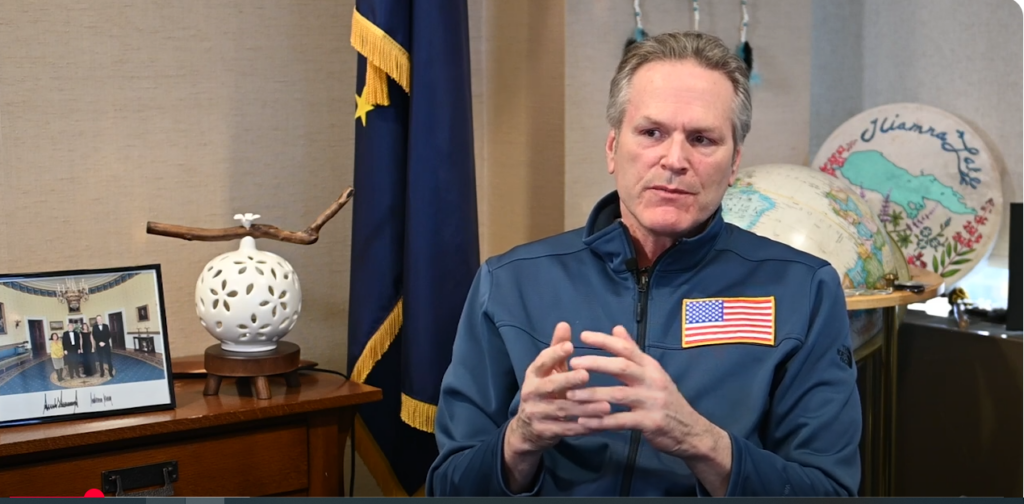Governor Mike Dunleavy introduced legislation allowing finfish farming in Alaska, which prohibits it except for private nonprofit salmon hatcheries. According to the Governor’s office, this aims to boost food security and economic opportunity in Alaska.
HB 111 would authorize the Commissioner of the Department of Fish and Game, in consultation with the Commissioner of the Department of Conservation, to permit the cultivation and sale of certain finfish in inland, closed-system bodies of water.
Gov. Dunleavy clarified that finfish farms must be enclosed within a natural or artificial escape-proof barrier. It does not allow folks to be able to grow fish in waters that will touch rivers and mix with other fish.
“It allows mom and pop operations- families, whether you’re in a city, you’re on the Kenai, Fairbanks, Matsu or remotely, it allows you to legally be able to grow, for example, rainbow trout or Dolly Varden, which right now there is no commercial fishery on that… But it will allow people to grow these fish in livestock tanks in their garage or livestock tanks outback.” Governor Dunleavy said.
The legislation requires all finfish acquired with a finfish farm permit to be sterilized triploids, which are unable to reproduce.
It prohibits cultivating pink, chum, sockeye, coho, chinook, and Atlantic salmon. It also authorizes stocking a lake on private property with finfish for personal consumption without a permit if the lake is enclosed with a natural or artificial escape-proof barrier.
Gov. Dunleavy stated, “This is not salmon, and it will not compete with salmon.”
“Right now, we are the only state in the country in which the only fish you can grow for consumption in the state of Alaska- there is no fish you can grow for consumption. The only fish you can grow is a goldfish, yet we import catfish. We import tilapia. We import other types of fish grown in other places in the world. Why not grow trout here in Alaska for Alaskans’ consumption? We’ll have a better product. We’ll have another small growth industry that does not interfere at all and does not hurt the commercial fisheries for salmon. We’ve got we’ve got work to do on the commercial fisheries for salmon and that’s problematic, but this in no way hurts that, damages that, or displaces that.” Governor Dunleavy said.

